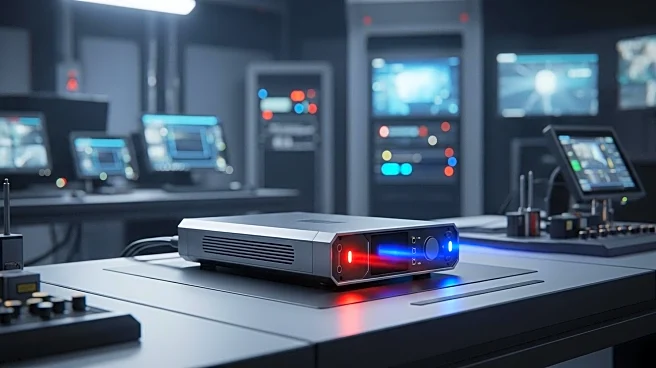What's Happening?
The Secret Service has dismantled an extensive network of devices near the United Nations in New York, capable of disrupting cellular networks. The network included over 100,000 SIM cards and 300 servers, with the ability to send 30 million text messages per minute anonymously. This operation was discovered as foreign leaders gathered for the U.N. General Assembly. While there is no evidence that the network posed a direct threat to the conference, its scale suggests it could be part of a surveillance operation by a nation-state.
Why It's Important?
The discovery of this network highlights significant security concerns surrounding major international events like the U.N. General Assembly. The ability to disrupt communication networks poses a threat to emergency response services and could facilitate encrypted communications for illicit activities. This incident underscores the need for robust security measures to protect critical infrastructure and prevent potential espionage or cyber-attacks. It also raises questions about the extent of surveillance operations conducted by nation-states and their implications for international security.
What's Next?
The Secret Service is continuing its investigation into the origins and purpose of the network. As security measures are heightened, there may be increased scrutiny and collaboration among international security agencies to prevent similar threats. The incident could lead to discussions on enhancing cybersecurity protocols and international cooperation to safeguard against technological threats during global events.









